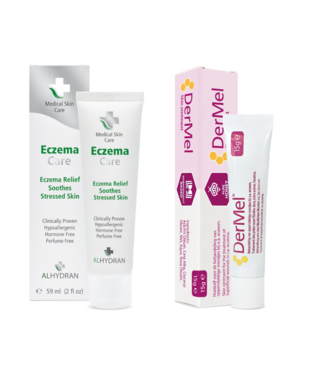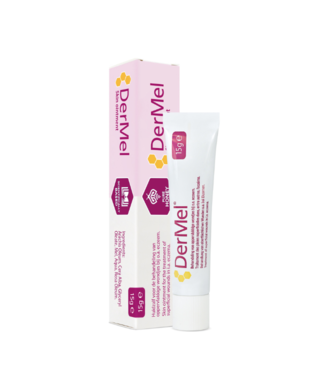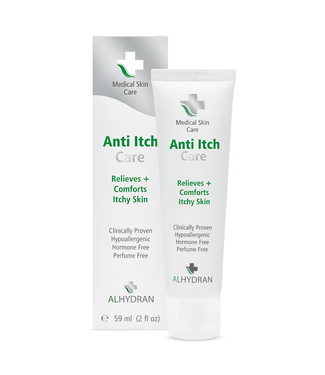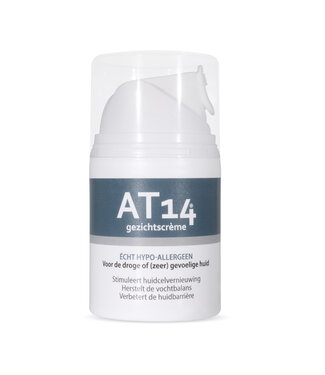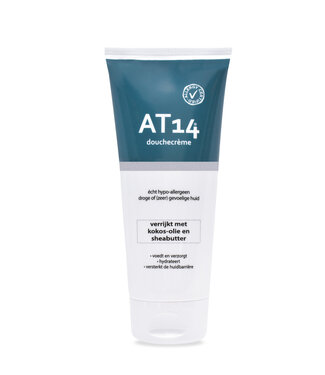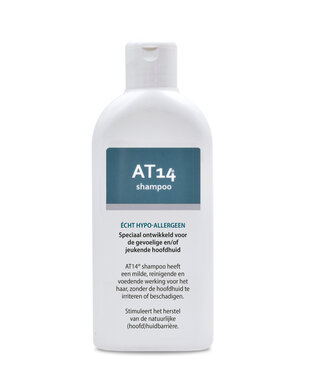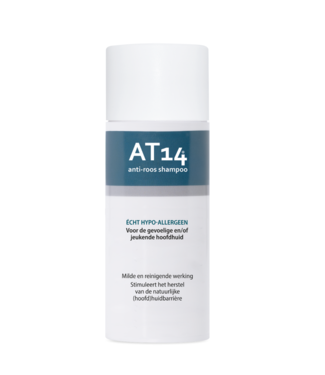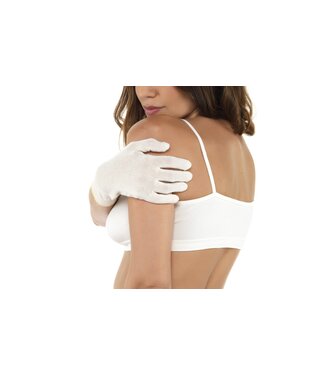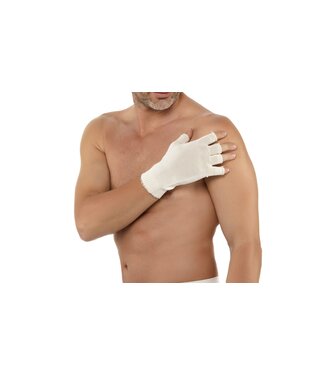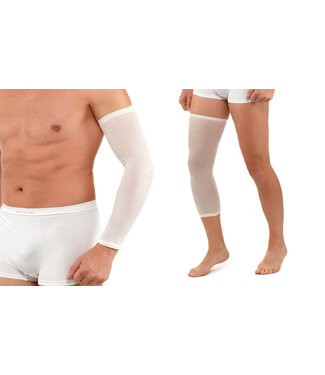
Eczema is a skin condition that can be very bothersome. Depending on the cause of your eczema, it can go away and stay away, or you may experience it for a long time without any apparent cause.
Eczema comes in many different forms. If you have eczema, you'll usually recognize it by the red (itchy) patches on your skin. Eczema can start out moist, with blisters on the skin. Later, the skin becomes dry, with flakes.
If you are unsure whether you have eczema, contact your GP or dermatologist.
What is eczema?
Eczema often refers to constitutional eczema , which is the most common type. There are many other types of eczema . But what is eczema, and how do you recognize it?
Characteristics of eczema:
- Itch
- Red spots
- Flakes
- Dry skin
Depending on the type of eczema you have, you may also have other symptoms such as cracked skin or blisters.
Types of eczema
The most common type of eczema is constitutional eczema (also called atopic eczema). This type has the standard eczema symptoms without a clear cause.
Other types do have a clear cause. For example, contact dermatitis, in which you react violently to a specific substance you come into contact with.
Read more about the different types of eczema .
Cause of eczema
For the most common type of eczema (constitutional eczema), there is no single, universal cause. However, for every person with eczema, there are certain triggers that can worsen it.
Specific types of eczema can have a clear cause.Allergic contact dermatitis, for example, is caused by a hypersensitivity or allergic reaction to a particular substance you've touched.
The cause or triggers
To treat your eczema effectively, it's important to pinpoint the cause and the triggers that aggravate it. For contact dermatitis, the cause is often identified through a patch test.
You can identify your personal triggers by avoiding specific foods, rough clothing materials and other things one by one to see if the eczema improves.
Symptoms of eczema
The typical symptoms of eczema are common to almost all forms of this skin condition. These include itching , dry skin , red patches, and flaking . Besides these symptoms, there are other complaints that can arise from scratching or other factors, such as:
- Itch
- Red spots
- Dry skin
- Flakes
- Bumps
- Scratch wounds
- Pain
- Crusts
- Cracks
- Thickened skin
- Blisters
With eczema, the skin barrier is disrupted, making it harder for the skin to retain moisture. The skin dries out more quickly, and irritants or harmful substances can penetrate more easily. The result: dry, itchy, and often flaky skin that is difficult to heal on its own.
Scratching: a vicious circle of itching
The vicious cycle of scratching and itching is often the cause of many symptoms such as sores, scabs, and thickened skin. That's why the most important advice from doctors and dermatologists is often: don't scratch. Unfortunately, this is also the hardest part. Many people with (constitutional) eczema can't suppress the urge to scratch or scratch unconsciously.
Scratching can cause wounds that develop into scabs. If you scratch these scabs off, you're more likely to scar . Blisters also often develop into scabs. If you suffer from eczema for a long time (usually atopic dermatitis), your skin can thicken and lines can become coarser.
Treating eczema
There are several treatment options for eczema. If the cause is easily treated, as with contact dermatitis, recovery is relatively quick and successful, but you will always remain hypersensitive to the substance you react to. With constitutional eczema, complete recovery is not possible, and you will need to treat each flare-up.
Depending on the severity of your eczema, treatment can vary. In most cases, treatment consists of a hormone ointment applied along with a base ointment. The base ointment helps nourish and hydrate your delicate eczema-prone skin. In addition to the base ointment recommended by a doctor, you can also use a moisturizing cream that's more appropriate for your specific situation.
A hormone ointment helps soothe your eczema. This often causes it to subside gradually. Hormone ointments come in different strengths and are always prescribed by your doctor or dermatologist. You often start with a mild hormone ointment.
Eczema ointment or eczema cream
Due to moisture loss, the skin is less protected against bacteria. The skin can become damaged more easily and itchy.
Apply an ointment or cream to create a protective layer on this sensitive skin. This protective layer helps restore moisture balance and strengthen the skin.
Eczema creams and eczema ointment without hormones:
- DerMel eczema ointment is made with pure honey and helps scratches heal faster.
- Eczema Care eczema cream helps to relieve eczema symptoms and prevent flare-ups .
- AT14 Skincare is mild care for your skin, without irritants and without perfume.
Additional treatment for severe eczema
Do you have severe eczema? Then you may be prescribed a stronger hormone ointment. You can also protect your skin and prevent flare-ups with special bandages. Examples of bandages include DermaSilk or Binamed . Your GP can also prescribe these, as stipulated in the 2025 NHG guidelines.
Tools to help you with constitutional eczema
If you have constitutional eczema, you'll receive a lot of information from various sources. To make everything easier, clearer, and more consistent, the NCEP, together with professionals, has developed the Eczema Guide . It contains:
- Clear information for patients and doctors
- Hormone ointment schedules, including for tapering off
- Ointment the game for children
- A handy app
As a sponsor of the NCEP, we think this is a wonderful initiative and we hope the Eczema Guide can help you too!
Read more:

